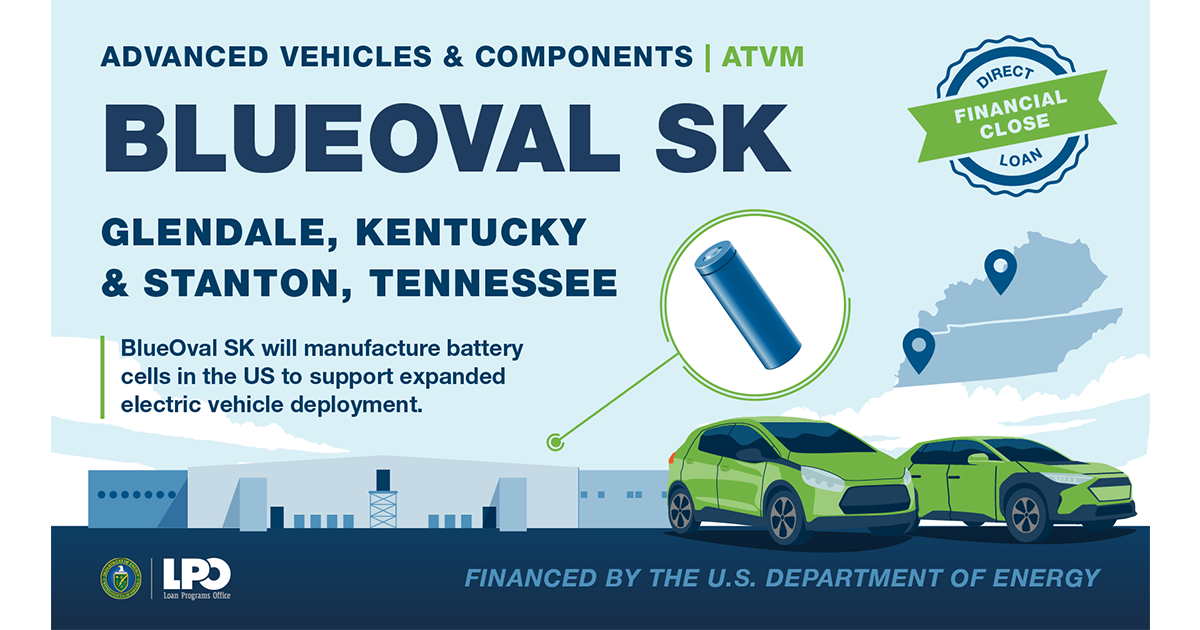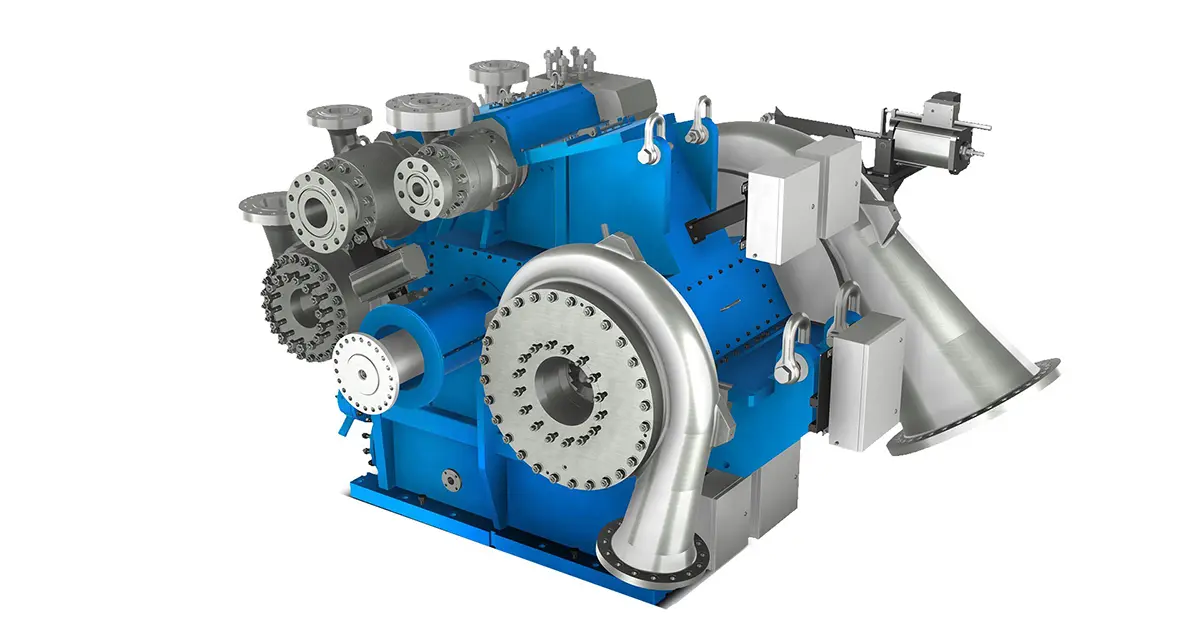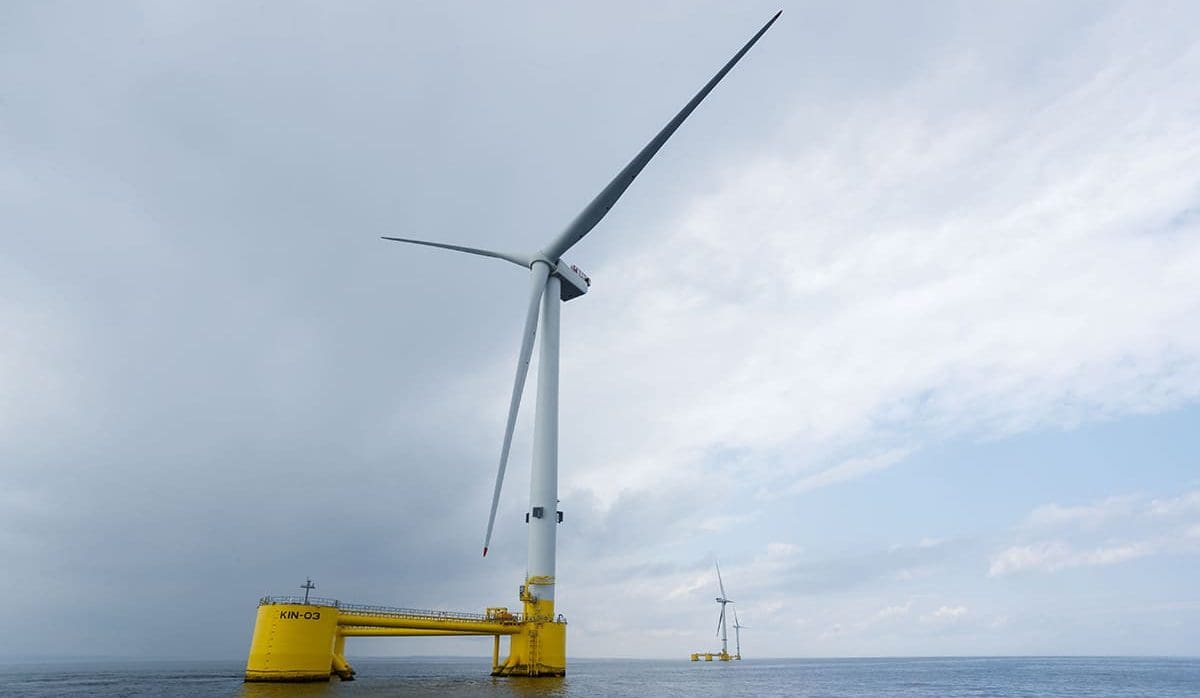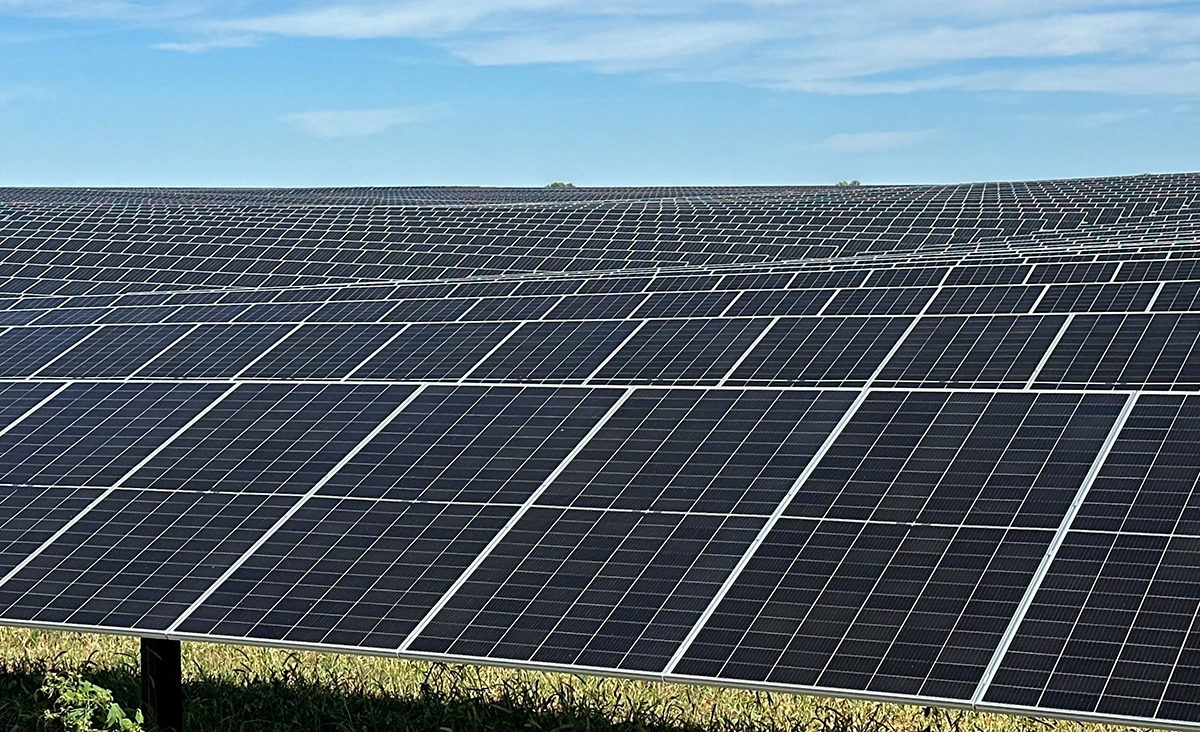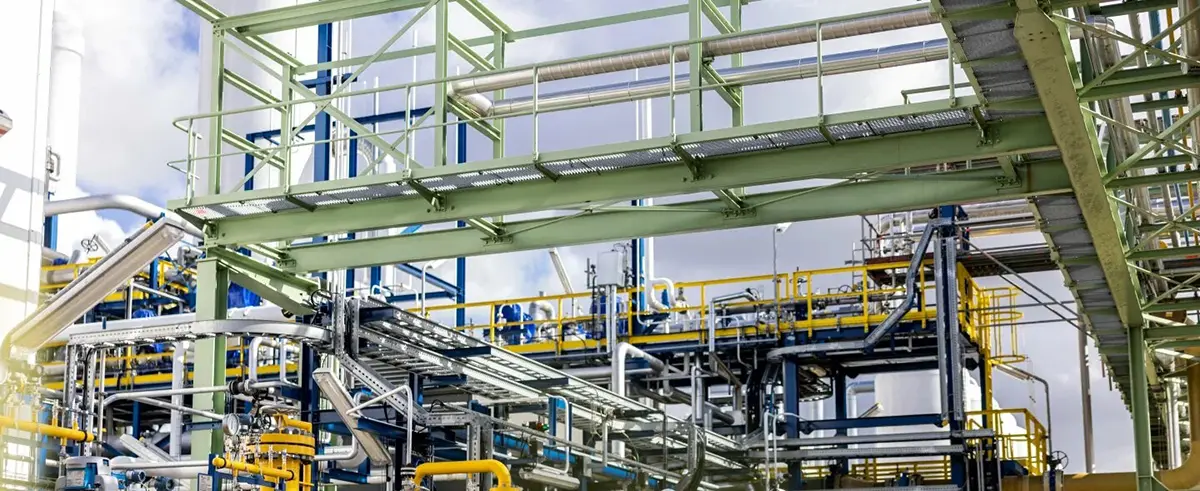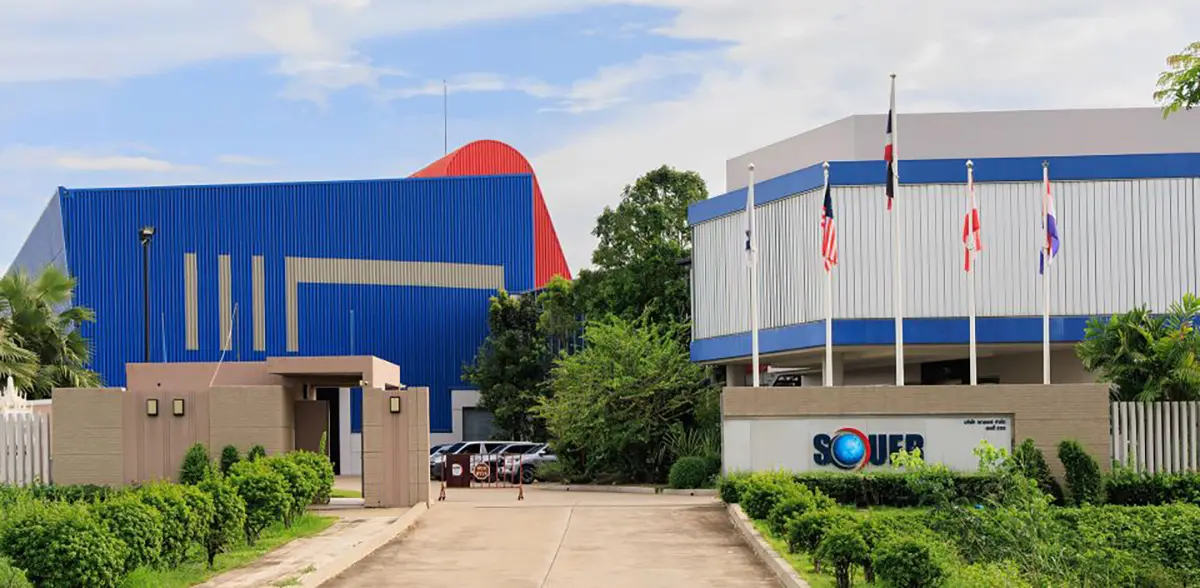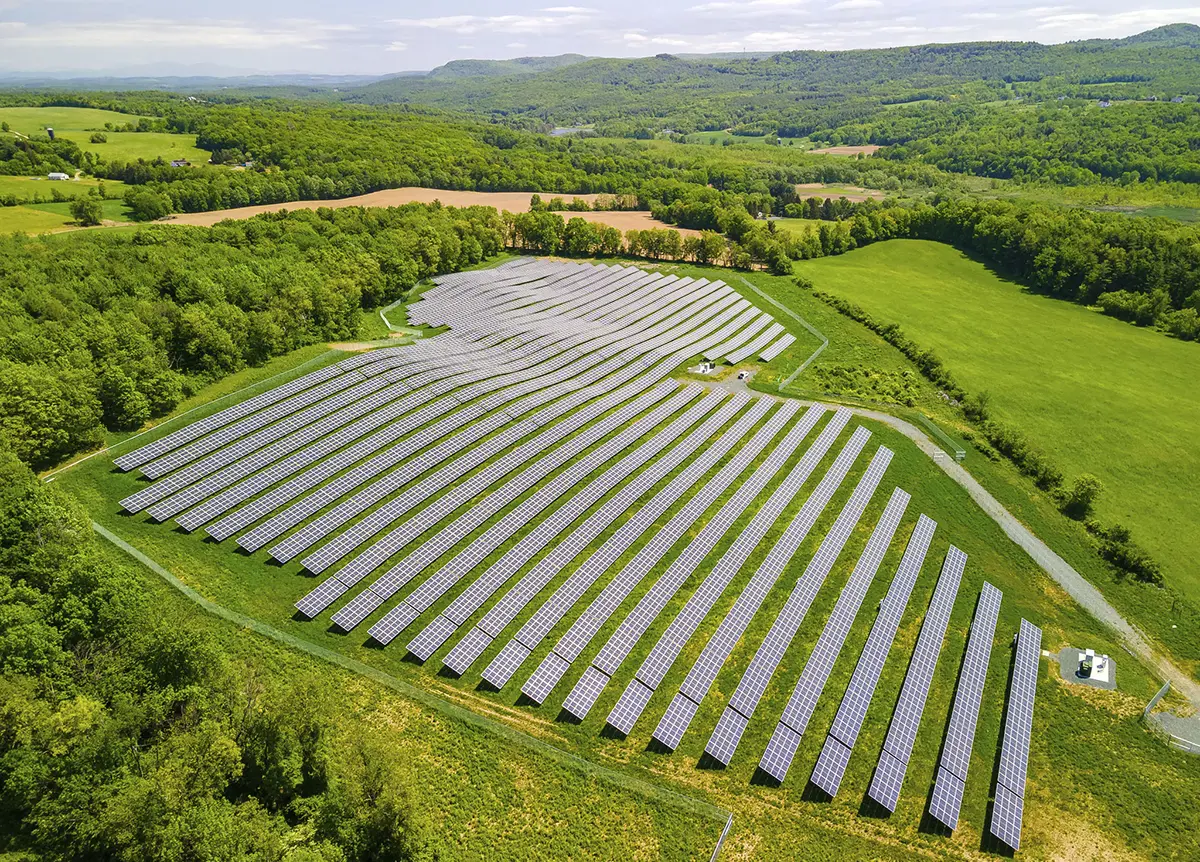
Turning Sewage Into Hydrogen
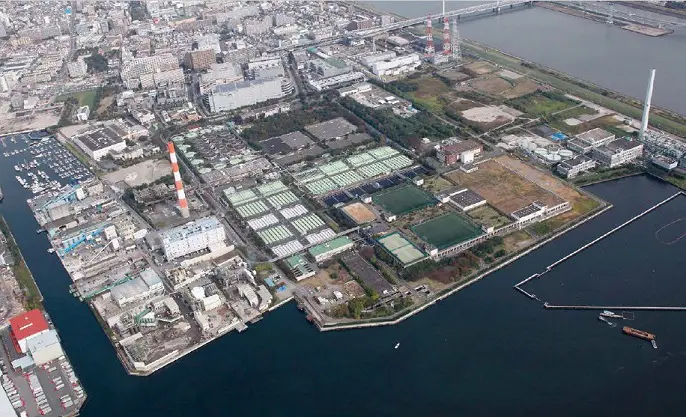
Renewable hydrogen systems manufacturer Ways2H Inc. and its shareholder and technical partner Japan Blue Energy Co. have completed construction of a Tokyo facility that will convert sewage sludge into renewable hydrogen fuel for fuel cell mobility and power generation. The facility was developed and built in partnership with the Tokyo Metropolitan Government, TODA Corp., TOKYU Construction, CHIYODA Kenko, and researchers at Tokyo University of Science to help Japan meet growing demand for renewable hydrogen while demonstrating a new pathway for sustainable disposal of waste.
The waste-to-hydrogen facility, located at the Sunamachi Water Reclamation Center near Tokyo Bay, will process 1 ton (0.9 tonne) of dried sewage sludge per day, to generate 88 to 110 lb. (40 to 50 kg) of hydrogen per day, enough to fuel 10 passenger vehicles.

“Renewable hydrogen is an important clean energy fuel for Tokyo and the world,” said Naoki Dowaki, Ways2H board member and president of Japan Blue Energy. “We spent over a decade developing this advanced process to convert waste into hydrogen and it is encouraging to see hydrogen demand growing in Japan and globally, as we complete our first Tokyo hydrogen production facility.”
TODA Corp. led construction of the facility. In addition to wastewater sludge, plastic, paper, municipal solid waste, and other refuse will be processed. The waste is heated to a high temperature and converted into a gas, from which pure hydrogen is extracted. The facility is carbon-neutral and generates its own fuel in a closed-loop process.
With construction now complete, the companies expect to begin plant operations by mid-2021.
“Producing renewable hydrogen from waste is a key pathway for increasing global clean energy supplies while addressing climate change and the global waste crisis,” said Ways2H CEO Jean-Louis Kindler. “This facility was built to support Tokyo’s pioneering efforts on clean energy and waste reduction and contribute to Japan’s clean hydrogen and carbon reduction goals.”

